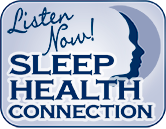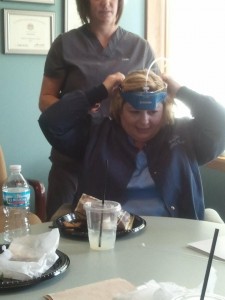Love Your Bed Partner, Hate Their Snoring?
During snoring muscles relax in the back of the throat narrowing the airway to a smaller opening. As you breathe in your sleep, air is forced through this smaller opening causing vibrations known as snoring.
Although snoring may be harmless, it can be a sign of a more serious medical condition which progresses from Upper Airway Resistance Syndrome (UARS) to Obstructive Sleep Apnea (OSA).
We are genuinely concerned about your health. Successful treatment of obstructed sleep apnea can reduce the risk of heart attacks, high blood pressure, stroke and metabolic disorders.
DID YOU KNOW? Genetics and family tendencies play a large role in the presence of sleep disorders.
DID YOU KNOW? Untreated Obstructive Sleep Apnea sufferers may have negative effects on driving alertness and concentration levels.
DID YOU KNOW? Other sleep disorders may predict tendencies towards diseases like Parkinson’s.
DID YOU KNOW? Successful treatment of apnea could eliminate or reduce the need of medications.
DID YOU KNOW? A Person living with a snoring partner often exhibits similar symptoms as an untreated apnea patient.
Visit our website to learn more about the health consequences of untreated sleep apnea! We can help you love sleeping with your bed partner again.







(630) 369-5508